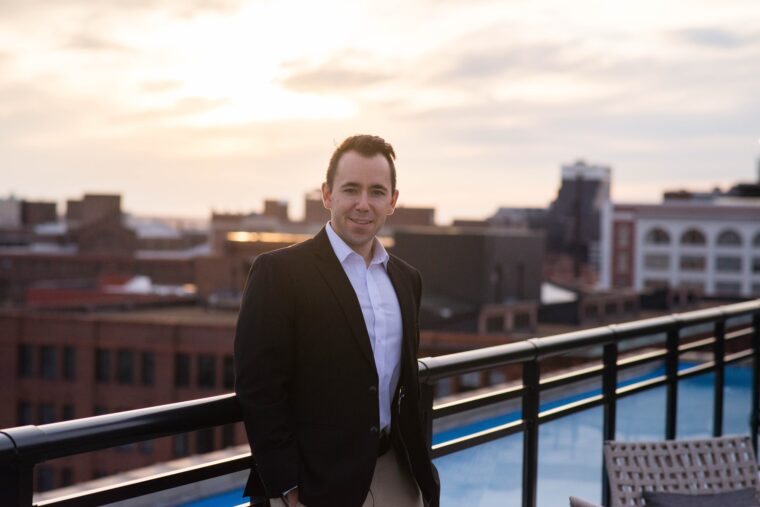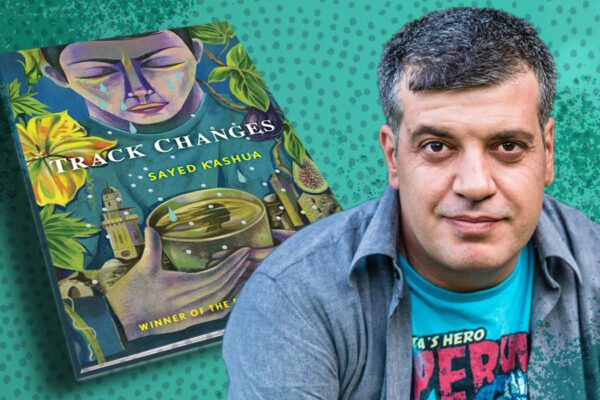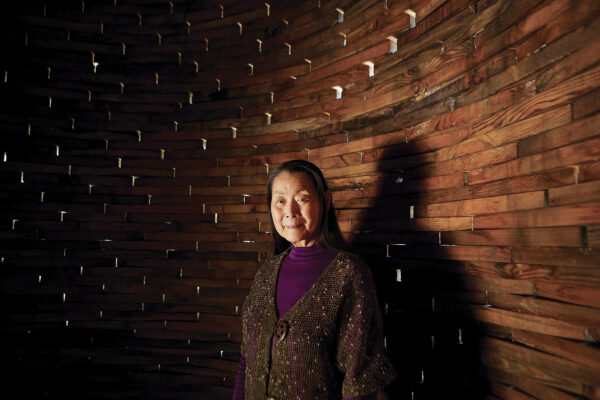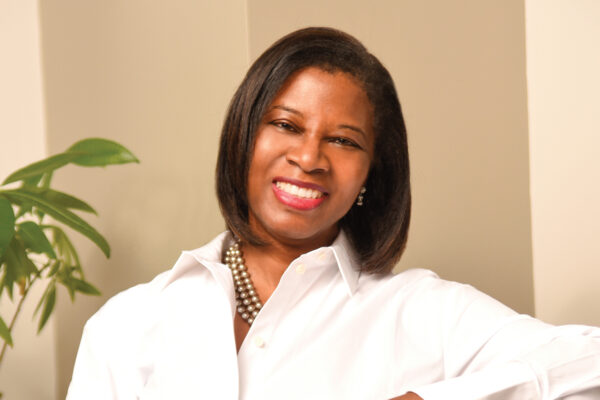Sam Goodwin, a graduate student at WashU, traveled to all 193 United Nations sovereign countries from 2010 to 2019. But he came horrifyingly close to missing that mark: In May 2019, he was detained at a Syrian Army checkpoint and spent two months in the Syrian prison system while his family was making a heroic, fortuitous and successful attempt to get him out.
“Is this where my story ends?” he recalls thinking. It wasn’t. But how does a young man survive an experience like that? He kept going. Here’s how:
I leaned on all kinds of things for support. I leaned on the travel I had done, which brought a perspective and appreciation for the food I was being given. I leaned on the skills I’d learned as a competitive athlete: critical thinking, resilience and mental toughness. I leaned on the desire to see family and friends again, and the belief I had a purpose in life. But nothing was more important than my faith in God. Everything had been taken from me: my communication, my possessions, my freedom. But I knew that no matter what, my faith was absolute. I would have been in a completely different situation without it.
I got out there and finished my travels after Syria. I had only 12 countries left, and they were Caribbean islands and a few in South America. Traveling was therapeutic. It’s what I was doing before, so I was able to gently work toward not letting what had happened conquer me. I ended up finishing the quest Dec. 31, 2019, in Brazil, an incredible feeling after everything that had happened. Weeks later, everything started closing because of COVID.
After all that, did I really need a master’s degree? There’s always another perspective, another lens through which the world can be viewed: a business lens, or cultural or spiritual, whatever it is. After spending the better part of a decade working and traveling in Asia and completing this quest around the world, I returned to St. Louis. Now, I’m looking at the world through an academic lens, and that’s been a fantastic, complementary experience to what I’ve done in the past 10 years. Constantly looking for new ways to view the world was a key part of deciding to study international affairs and go to grad school.
“There’s no doubt that my imprisonment is crucial to my perspective. It’s taught me how to manage tough situations.”
Sam Goodwin
There’s no doubt that my imprisonment is crucial to my perspective. It’s taught me how to manage tough situations. I do presentations now and talk about life’s “sine curve” from trigonometry, this never-ending, up-and-down wave. When things are good, at the top of the curve, it’s important to have humility, gratitude and awareness. But nothing deeply good emerges from the top. It’s at the bottom of the curve where growth happens. I’ve never met a single person who hasn’t experienced the bottom of a curve — whether it’s a relationship, financial trouble, the sickness and death of someone close, or being held captive in a Syrian prison. The way you manage the lows defines who you become.
We’ve all experienced a different kind of lockdown with the pandemic. We couldn’t control when things opened up or when we could meet again, but there were things we could control: attitude and reaction to what happened to us. Control what you can, and manage the lows. Those are things that I tell my closest friends.



